Fast-Moving Real-Estate
When Audi first introduced the RS 4 at the turn of the century, they made a conscious decision to field only an estate vehicle. Quite a bold move, considering that BMW fielded both a sedan and an estate. Maybe they could see that estate cars were the way to go making a name for themselves...


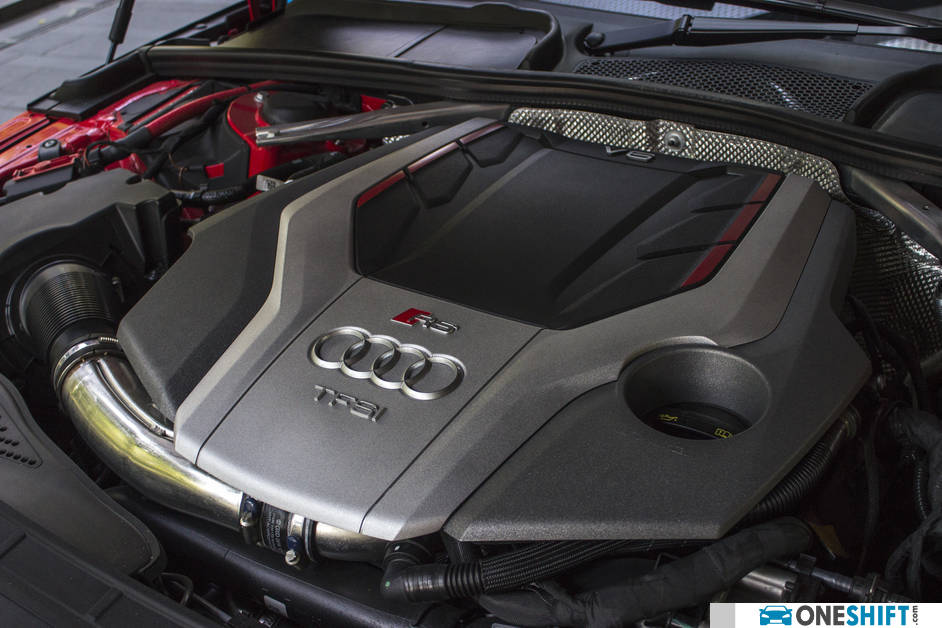
The RS 4 is powered by the same 2.9 litre twin-turbocharged V6 engine, that also powers its coupe sibling. Audi had also worked out that the best place to site the two turbocharger units for purposes of optimum thermal efficiency, is within the “V” of the engine, together with the help of their B-cycle engine process. The resulting benefit is a theoretical 17% lower consumption of fuel versus the previous V8. The new V6 is able to produce the same power output as the previous +2 cylinder at 450hp, but with its efficient force-fed induction, the new engine now produces 600Nm from 1,900 - 5,000rpm versus the previous car’s already impressive 430Nm. Engine noise is rather muted, unlike the heavy-breathing V8 predecessor.
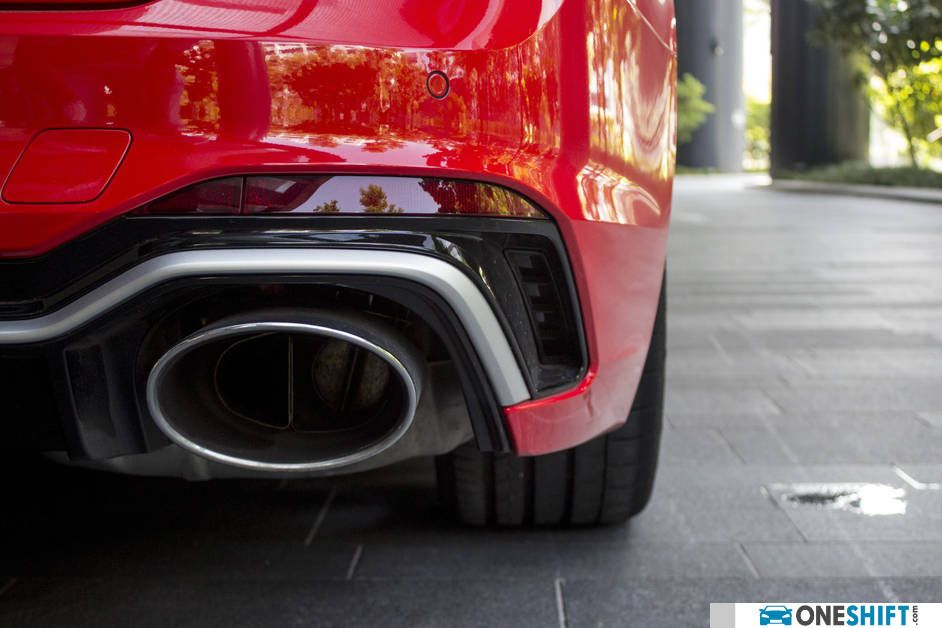
A Tiptronic 8-speed automatic, provides a 40:60 front:rear split in drive to the road, with the Quattro system able to call up a maximum of 85% of the car’s drive to the front wheels, and a maximum of 70% to the rear when the situation warrants it.
While the RS 4 is very related to the RS 5, both cars drive very differently. We found that the RS 5 was a little too clinical in its drive, almost like it did well in acing a written exam, but without the kind of driver engagement we were hoping for, the RS 4 on the other hand, comes across as a car you would want to keep pitching into the bends, and you actually feel good doing so.
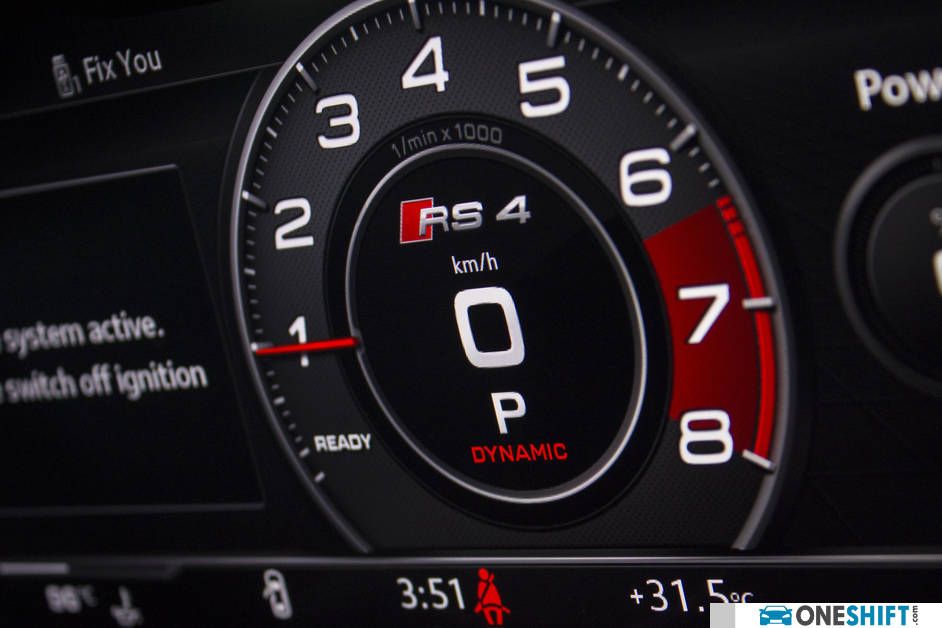
Balance is simply lovely, and with the wheel-selective torque control, the RS 4 is able to load up the right amount of push into each driving wheel, helping to keep the car poised around the bends. Feedback from the steering is excellent, and the car’s turn-in is very precise.
As a plus, drivers can delay the intervention of the Electronic Stability Control (ESC), permitting a little bit of slip within the turns, and adding to a little more fun to the drive. For those who are more adventurous, knocking off the system, by depressing the ESC button for more than three seconds, shuts the system off completely.
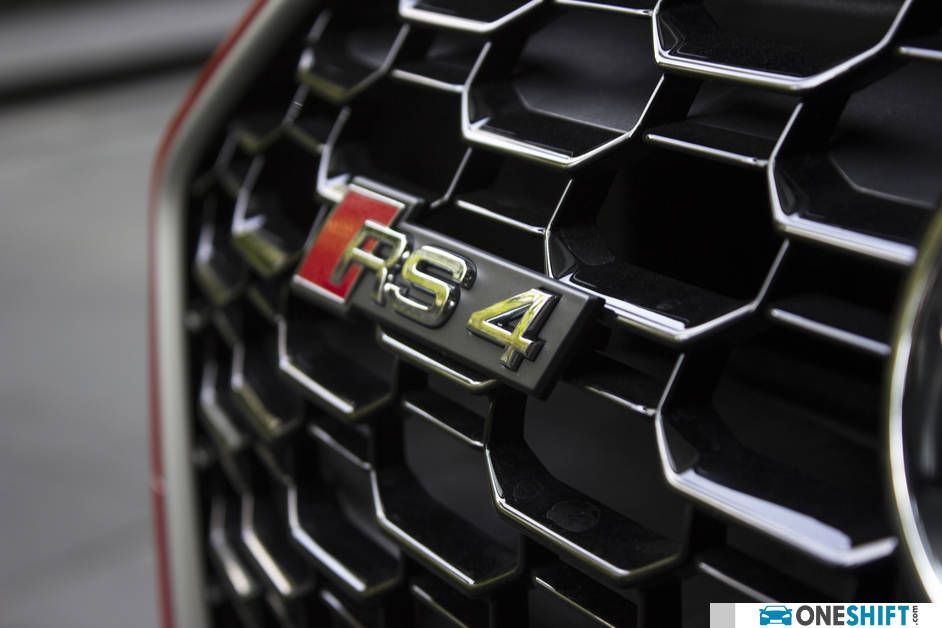
As an everyday driver, we like it that the RS4 still drives rather comfortably, even with its non-fancy fixed suspension in play (the less aggressive Audi S4 and S5 models are fitted with a lovely S sport suspension, complete with damping control) and super thin 275/30 R20 tyres.
Although both the RS 4 and RS 5 come from the same roots, and have the same drivetrain, the RS 4 comes across as a car with a soul. That that to us, even taking practicality of rear passenger space and cargo room out of the picture, makes the RS 4 just that every bit more special.
And versus the car it replaces, the RS 4 does not shout and thump its chest, but instead comes presented in pressed business attire, boasting of clean-cut refinement.
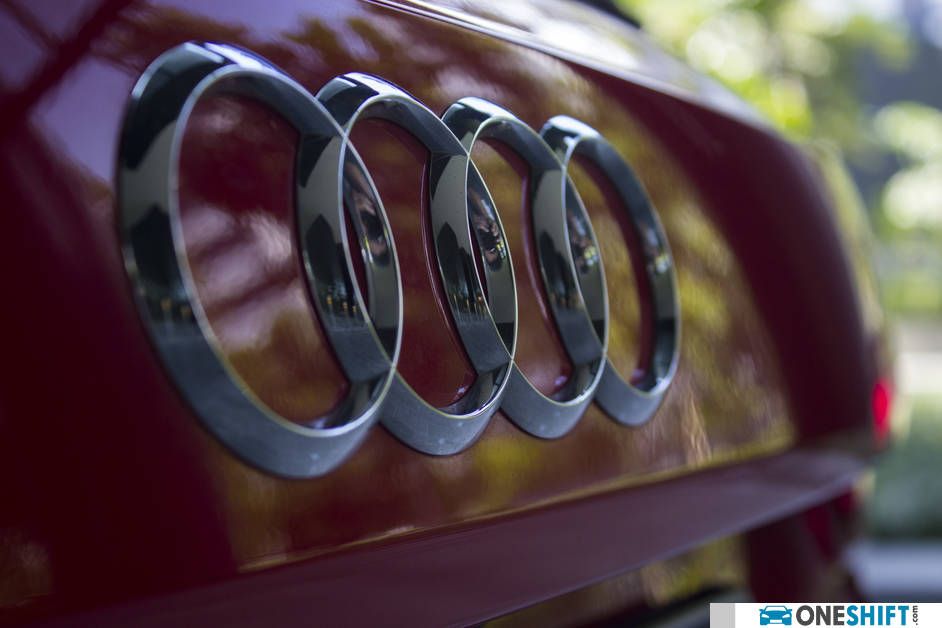
Credits:







- Convenient and Hassle-Free
- Consumer Protection
Transparent Process
With No Obligation


Get the Best Price for your used car
from 500+ dealers in 24 hours







